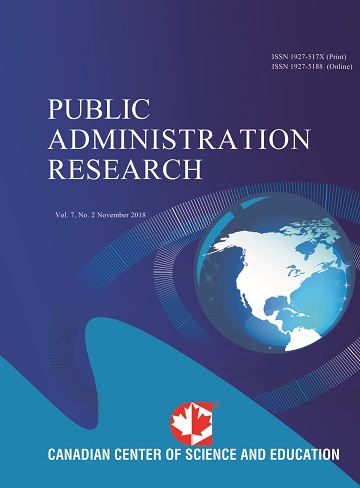Multiple Variable Social Distancing Model in Reducing COVID 19 Spreading: A Long Term Social Distancing Model in Developing Nations Like Bangladesh
- Md Shumon Zihady
Abstract
Covid-19 pandemic requires strong and inclusive social distancing policies for the people. Governments around the world have taken policy steps and citizen were expected to behave accordingly. However, Countries like Bangladesh faced enormous difficulties and challenges to make people understand and obey them. There is variety of groups in the society among whom a few were respectful and some were negligent towards those social distancing policies. This study tried to find what makes them obey or disobey the prescribed pandemic behavior. This research found people over-confident, religiously blind, economically bound, poorly educated, doubtful to their government, impatient about the time frame of the lockdown and social distancing rules and so on. Additionally, sometimes government policies were proved to be incompatible with the rising situation. Primary hypothesis of this study is, ``willingness of social distancing is a dependent variable where over-confidence, education, poverty, religion, public trusts are independent variables. Taking general policies like other natural disaster or calamities may not be as effective as it was before.’’ This pandemic is an event which needs an in-depth research, wider policy analysis and firm implementation. Here is a suggestion called `multiple variable social distancing model' which will study about the variables first and guide to a wider policy structure afterwards.
- Full Text:
 PDF
PDF
- DOI:10.5539/par.v10n2p66
Journal Metrics
h-index (2017): 7
i10-index (2017): 6
h5-index (2017): 7
h5-median (2017): 13
Index
- COPAC
- CrossRef
- DTU Library
- EBSCOhost
- EuroPub Database
- Excellence in Research for Australia (ERA)
- Genamics JournalSeek
- Ghent University Library
- Google Scholar
- Harvard Library
- Infotrieve
- Jisc Library Hub Discover
- LOCKSS
- Mir@bel
- Norwegian Centre for Research Data (NSD)
- Open J-Gate
- PKP Open Archives Harvester
- Publons
- ROAD
- Scilit
- SHERPA/RoMEO
- Stanford Libraries
- Ulrich's
- UniCat
- Universe Digital Library
- UoS Library
- WorldCat
Contact
- Gabriel TaiEditorial Assistant
- par@ccsenet.org
